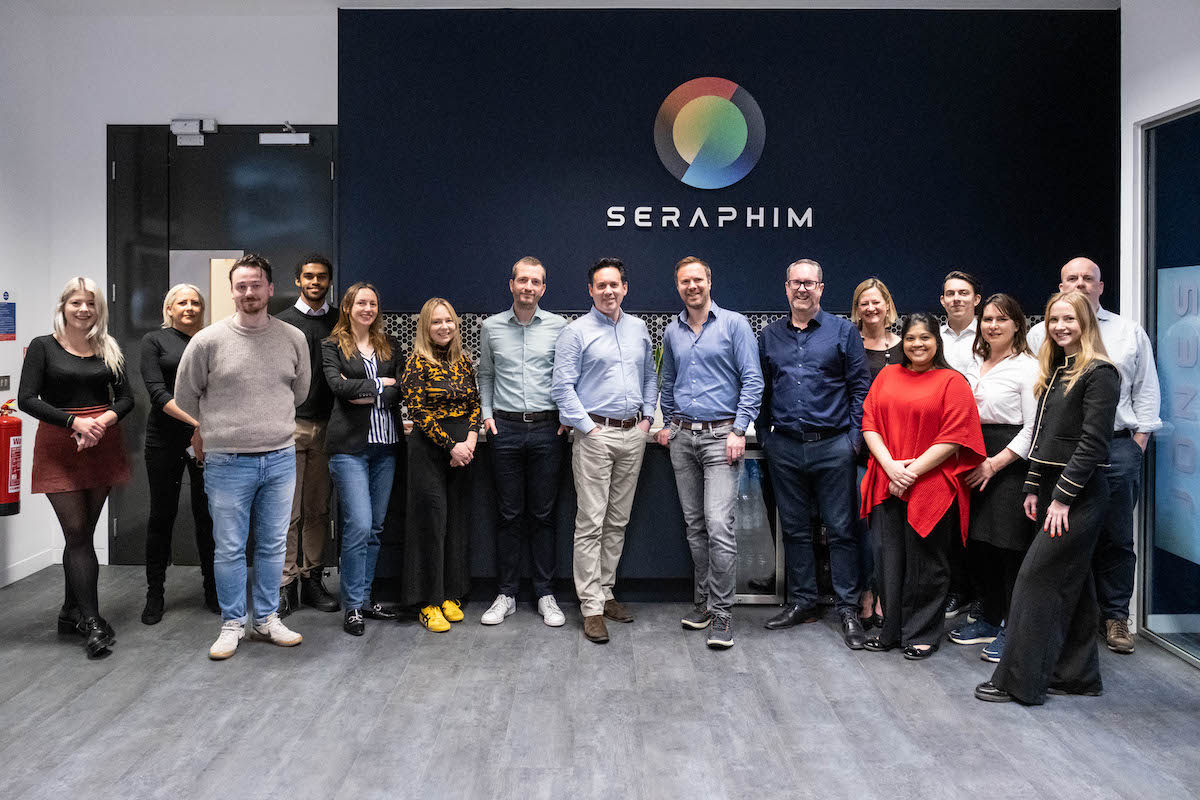Seraphim Space, the UK-based space tech investment group, is officially launching its second VC fund after successfully closing partnerships with limited investors, including Airbus, as reported by TechCrunch.
The new fund aims to support 30 startups globally, focusing on seed and Series A stages.
CEO Mark Boggett has not disclosed the exact percentage reached or the targeted fund size, but mentioned that it is expected to exceed the £70 million VC fund raised in 2017.
Building on the success of its previous fund, SSV II is supported by key players in the aerospace industry who see value in staying at the forefront of innovation.
Seraphim Space is entering a more competitive market, as interest in space startups rises alongside the projected growth of the industry to $1.8 trillion by 2035.
The fund aims to differentiate itself with a proven track record of successful investments, including significant returns from exits like UltraSoC and IPOs of Arqit, AST SpaceMobile, Nightingale, and Spire Global.
Despite challenges faced by the public market, Seraphim Space’s growth fund listed on the London Stock Exchange and adapted its strategy to focus on follow-on investments due to market fluctuations.
SSV II is strategically investing in space tech companies with applications across various industries, such as AI integration, in-orbit computing, space-enabled communications, and microgravity research for scientific advancements.
Wide space
The fund is keen on supporting companies like Delos and Renoster, which utilize data and modeling to address climate change issues with potential for significant impact and scalability.
The focus on in-orbit computing and space-enabled communications reflects the fund’s commitment to driving innovation in sectors like agriculture and infrastructure.
SSV II’s investment themes also extend to microgravity applications for scientific research, highlighting the diverse opportunities in space tech beyond traditional sectors.
While defense isn’t a primary investment theme, Seraphim Space acknowledges its importance in the space tech landscape, emphasizing the broader commercial opportunities in the sector.


